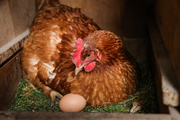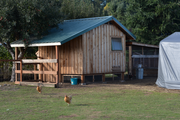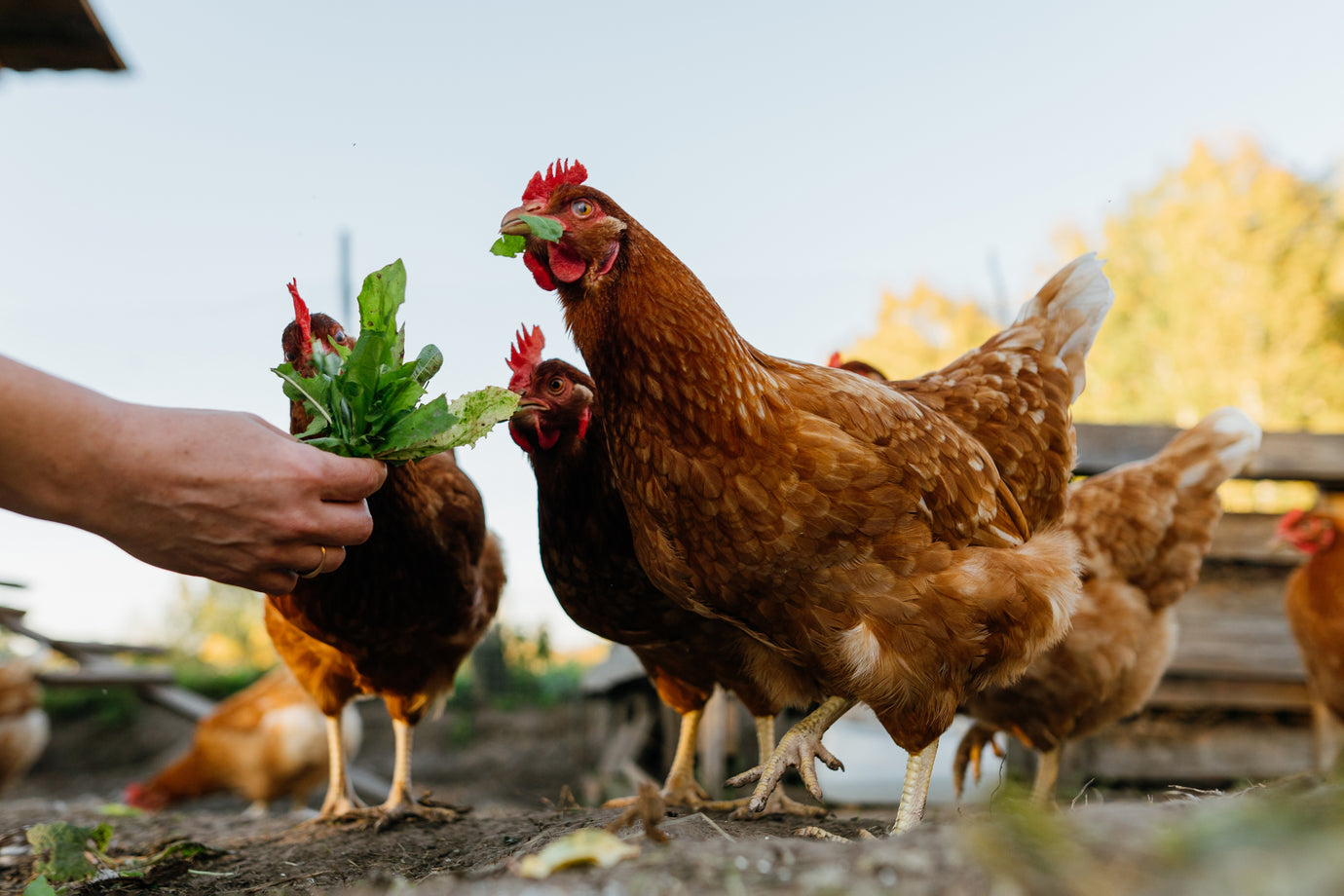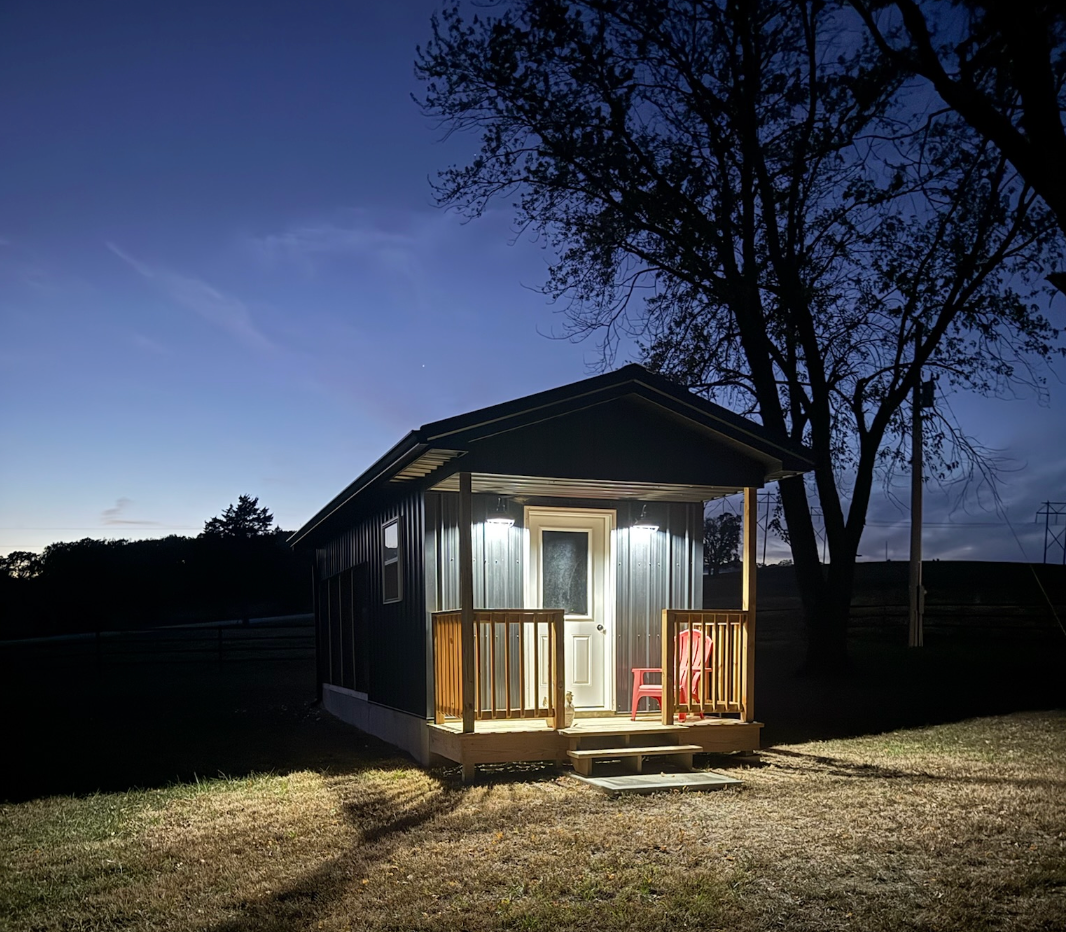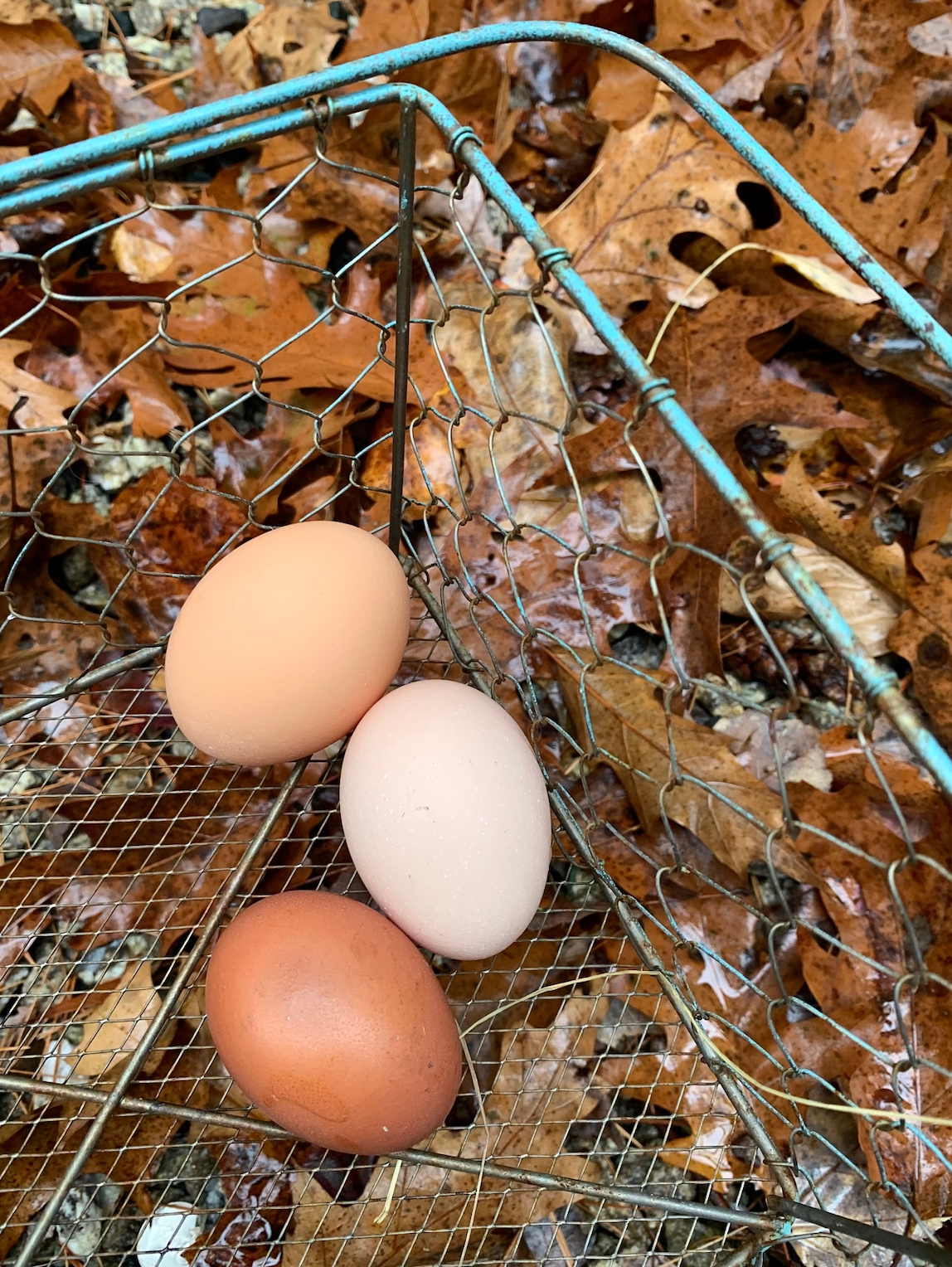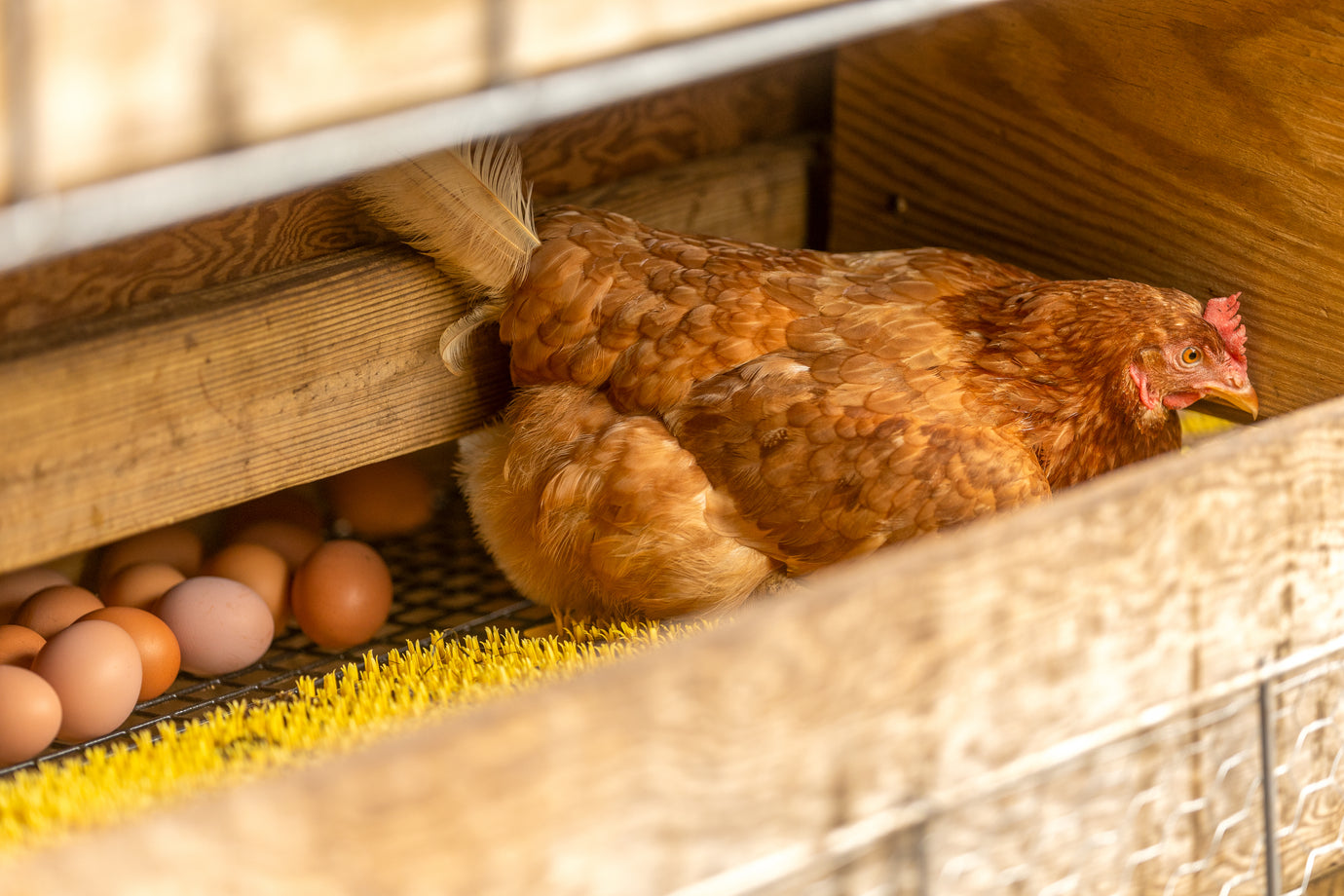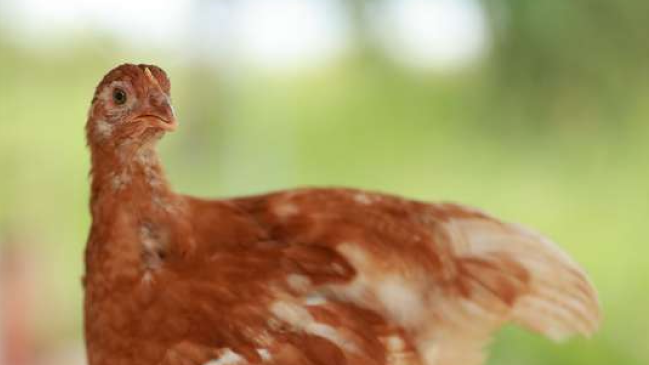Best Breeds for Backyard Chickens
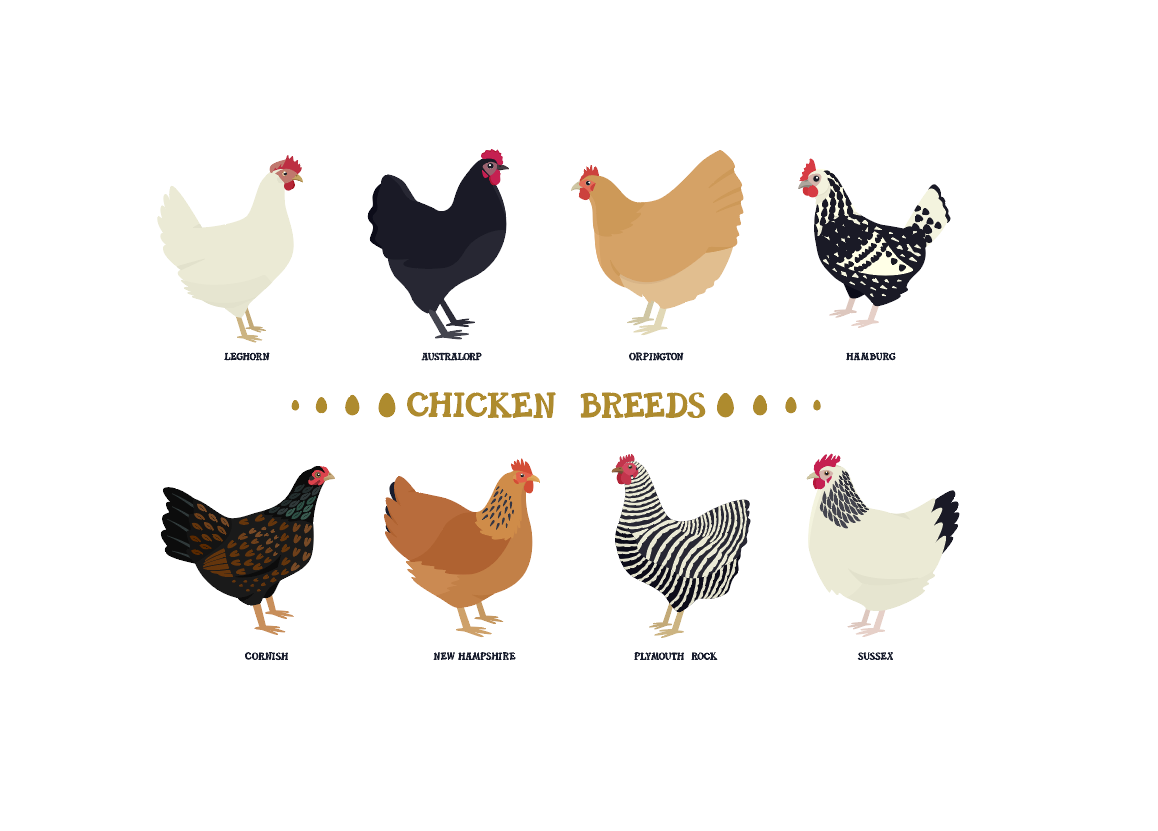
Best Breeds for Backyard Chickens
There are literally hundreds of different chicken breeds that you can choose to raise. However, some breeds are easier than others, and some are better suited to small backyards than to big farming operations.
You might be surprised to learn that the American Poultry Association only recognizes 53 large breeds. They also recognize some bantams. Many bantams (small chicken breeds) have full-size counterparts, while some do not.
We've raised all kinds of chicken breeds and definitely have a few favorites. We love the calm nature of Salmon Faverolles and the snuggliness of Silkies and Buff Orpingtons. Seramas are some of the tiniest chickens but are also not very cold-tolerant and make very fierce mamas. My kids love our Silver Laced Wyandottes, who come running for snacks every time the back door opens.
With so many choices, how do you know which breeds to choose from? Let’s talk about it.
Best Characteristics for Backyard Chickens
Ideally, you’ll want to choose a breed or breeds of chicken that suits your family, yard, or homestead. Everyone will have unique needs or wants, so here are some things to look for:
- Egg color. Egg colors in chickens range from white, tan or brown, purple, green, and nearly black.
- Egg quantity. Some chickens are more prolific layers than others.
- Egg size. Different chicken breeds have different sized eggs, from tiny to jumbo.
- Chicken size. Bantam chickens are tiny and are great for really small yards, while other chickens can be quite large, like Jersey Giants.
- Chicken appearance. Chickens come in all colors, shapes, and sizes!
- Heat or cold tolerance. Do you live in a hot climate or a colder area?
- Beginner or advanced chicken-keeping techniques. If you’re new to chickens, you’ll want an easy keeper.
- Easy to find. Fancy chicken breeds can be very hard to find.
- Cost of the chicken. Some chickens are relatively inexpensive, while others cost much more.
- Noise level. Do you need quieter chickens? Or is noise not an issue?
- Friendliness. Some chickens are friendly and like to hang around, while others are more skittish.
- Child-friendly. Do you want chickens that are very gentle with your children?
- Free range or enclosure. Will you allow your chickens to free-range (you’ll want them to be a little more skittish) or keep them enclosed?
- Broodiness. Some breeds go broody more easily, while others aren’t interested in hatching eggs at all.
Best Breeds for Beginners
The best breeds for beginners are usually calm, hardy birds that lay a good amount of eggs. They are bred for backyard hobbyists, so they will be easy to manage. These breeds include:
- Australorp. Astralorps have pretty black feathers with a slight green tinge. They are cold, hardy, easy to care for, and lay plenty of eggs. However, they aren’t the best for very hot and humid climates like the south.
- Orpingtons. These hardy chickens love to be handled and will happily cuddle on your lap. They are great for small backyard homesteads because of their docile nature, although more aggressive breeds can bully them.
- Leghorns. Leghorns are spirited chickens that make great foragers and are egg-laying superstars. Although they are a little more flighty, they aren’t typically aggressive.
- Plymouth Rocks. These friendly, cuddly chickens can lay brown eggs well into winter.
- Rhode Island Reds. This old-fashioned breed is great for both meat and eggs. They are hardy in both heat and cold, but they can be more aggressive. If you have small children, these might not be your best breed.
- Wyandottes. These are beautiful birds with an even temperament. They do well, whether in confinement or free-range. They are hardy and can lay many eggs or be raised for meat.
Quieter Breeds
All chicken breeds make noise, but some breeds are quieter than others. Remember that roosters have a loud crow, so if you need to keep your hens quiet, you might want to avoid having a rooster at all. And while individual chickens may vary in their personalities, some of the quietest breeds are:
- Silkies. These calm hens tend to be very docile and quiet.
- Speckled Sussex. They are docile, friendly, and good for both meat and eggs. They start laying later than most chickens.
- Salmon Faverolles. These chickens are extremely docile and sweet.
- Buff Orpingtons. These are some of the most people-friendly chickens and have laid-back demeanors.
Interesting Egg Colors
Some chickens lay interesting egg colors. If you want fancy colored eggs, you might like:
- Easter Eggers (tan or green eggs)
- Mottled Java (pink)
- Silkie (tan to pink)
- Olive Egger (darker green)
- Cream Legbar (blue eggs)
- Ameraucana (blue eggs)
- Copper Marans (dark chocolate brown)
Rare Chickens
- Ayam Cemani. These chickens are all black, including their beaks, eyes, feathers, and skin.
- Salmon Faverolles. These adorable chickens have thick, feathery muffs and beards.
- Seramas. These tiny chickens have a very upright posture and are tropical in origin.
Friendly Chickens
Many backyard breeds are known to be friendly, even seeking out their humans for snuggles! They’ll hang around close and even follow you!
- Buff Orpingtons. Orpingtons are the labrador retrievers of the chicken world. They’ll follow you around, sit on your lap, and even learn tricks.
- Silver Laced Wyandottes. These chickens are beautiful and friendly. They’ll follow you around, hoping for a treat.
- Cochins. Cochins are docile and friendly small breeds.
- Silkies. Silkies are some of the most friendly, easygoing chickens. They are small but have trouble seeing due to their big, fluffy feathers. Silkies are great for small backyards but susceptible to predators and not great at free-ranging.
Free Range Breeds
Free-range breeds are good at finding their own foods and avoiding predators (to a point). The best chickens for free-ranging in the backyard are:
- Leghorns. A little bit flighty and predator-aware, they are good foragers, and great egg layers.
- Anconas. These start laying eggs as young as 16 weeks and are reliable, good for free-ranging, and have bright yellow legs.
- Buckeye. These chickens ar every active and will even hunt down mice! They are reliable layers and are a bit over-friendly with people.
- Rhode Island Red. RIRs are hardy, skittish (which makes them good at avoiding predators) and friendly.
- Golden Buff. These are hardy, friendly, and good layers.
Best Broody Hens
- Silkies. Silkies love to hatch any and all eggs and will go broody easily and often. They make very attentive momma hens, and most will happily care for any other hen’s babies.
- Seramas. These tiny hens are fierce mamas and will go to great lengths to hatch eggs and protect their babies.
Notable Chicken Breeds
- Jersey Giants. These chickens are very large, black birds. To hawks, they may resemble crows (which scare off hawks). They are friendly and docile despite their large size.
- Buff Brahmas. These are cold, hardy, calm chickens that are quite large. They are known to be non-aggressive.
Least Aggressive Roosters
Any rooster of any breed can be aggressive, but some breeds are generally better than others. If you have small children, you’ll definitely want to be careful with any rooster, but here are some of the calmest:
- Faverolles. These lovely chickens are very gentle and laid back but are easily bullied by other breeds.
- Orpington. These are known to be friendly and calm.
- Brahmas. These large, docile chickens aren’t just friendly. They’re very hardy and easy to get along with.
- Silkies. Silkies are some of the most docile chickens and are very good with children. They love to go broody, and the roosters make great dads.
Of all of the breeds of chickens, my absolute favorite is my small flock of naked-neck chickens. Although they are definitely chickens, they occasionally get mistaken for a small turkey.
Our large naked neck rooster is calm and alert, protecting his hens yet easily tolerating my children's antics. He shows his ladies where to lay and what to eat and always makes sure they are taken care of first. The hens are good, solid layers, although they hide their eggs in funny places! Despite their naked necks, they’re quite cold-tolerant and get along well with our other chicken breeds.
Naked necks work great for my backyard, but you need to know what characteristics are important to you and your family. There’s sure to be a chicken breed that fits!
